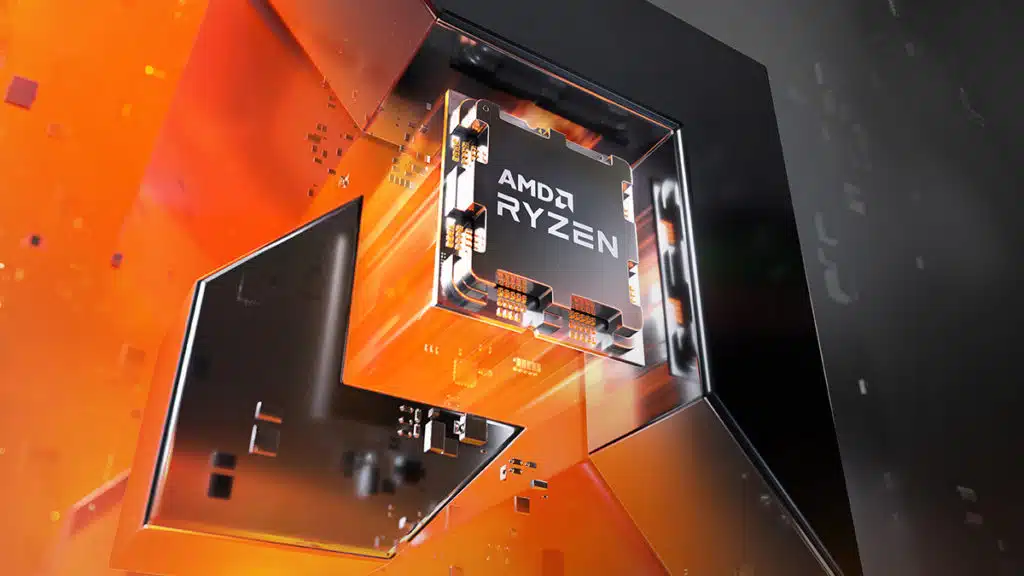
The Ryzen 7 7800X3D won’t be available for purchase until April, but some publications are already offering simulated benchmarks of the CPU, providing an early glimpse at how the third and cheapest Ryzen 7000 Series processor with 3D V-Cache might compare to the Ryzen 9 7950X3D and 13th Gen Intel Core i9-13900K. According to benchmarks shared by TechPowerUp, which were derived by disabling one of the Ryzen 7950X3D’s (non-3D) CCDs, the chip is capable of beating out Intel’s flagship by up to 4% at select resolutions, an interesting development considering its significantly cheaper price ($449 vs. ~$589). Power consumption tests also suggest that the chip will only average around 50 watts in many of today’s most popular games.
From a TechPowerUp article:
The main focus of 7800X3D is not applications though, it’s designed to be a gaming machine. Here it can excel and flex its muscles, reaching performance that’s better than the Ryzen 9 7950X3D—no wonder AMD is releasing the 7800X3D in April. What’s also important is that the 7800X3D can beat Intel Core i9-13900K in all resolutions, except for 4K where the delta is a tiny 0.6% in favor of Raptor Lake. The big difference is that 7800X3D is $450, whereas Intel wants $570 for the 13900K. A noteworthy data point is the 13700K ($425) and 13600K ($290), which are both very close in performance, and look tempting, when considering their pricing.
Where AMD X3D is taking the wrecking ball to Intel is power consumption. Our simulated Ryzen 7 7800X3D is one of the most energy-efficient CPUs we ever tested. In gaming it consumes 44 W on average, while the competition is wasting a ton of energy to achieve the same FPS: 13900K (143 W), 13700K (107 W), 13600K (89 W)—all more than twice the power usage than AMD’s new gaming gem. The lowered power consumption not only helps with your power bill, but it also lowers case temperatures and reduces the heat dumped into your room during extended gaming sessions. Really impressive!


